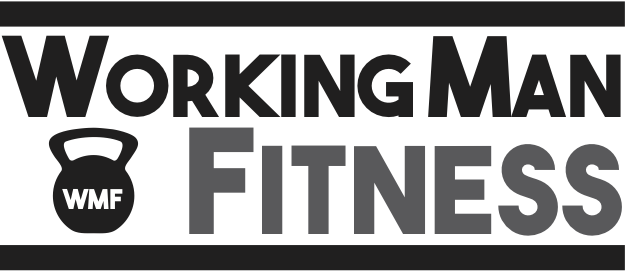Want some hidden knowledge that nobody else knows? Of course you do. That’s why titles with “secret” in them lure our attention like they do. I mean, if you have secret knowledge, then you have an advantage—and an advantage means more of all the things you want!
Neo-Tech Advantages
Years ago, I was at a used bookstore when a black manuscript with white text caught my eye. It had the look of something which contained hidden knowledge. I flipped through the book and began reading about Neo-Tech advantages—advantages to adopting a new philosophy of thought, free of incorrect thinking.
The book—a large one—explains just what incorrect thinking is and there is no topic which is immune from Neo-Tech’s purview. Stimulation is one of them.
Neo-Tech says some interesting things about stimulation. Have you ever thought about stimulation in the broad sense? Being stimulated by scrolling through Facebook’s newsfeed? Being stimulated by gossip? Being stimulated by political debate? Being stimulated by keeping yourself unnecessarily busy?
When you take a close look at people (including yourself), nearly all of us are addicted—yes, addicted—to some form of stimulation.
“And what’s wrong with that?” you might ask. Here’s what’s wrong: addictions diminish consciousness and create problems where none need to exist.
Masking the Burden
Let me frame this discussion by offering this: recently I read an article about technology to increase life spans. Most people were not interested. They didn’t want to live longer. Why? If life were enjoyable, wouldn’t people want to live forever? The fact that people don’t want longer lifespans indicates that life just isn’t all that enjoyable. Look at the faces of people in their cars on the way to work in case you need further proof. Or listen to common expressions—“thank god it’s Friday.” Or the bemoaning, “It’s a Monday.”
Neo-Tech explains that life in our “anticivilization” is a burden and that we seek to mask the burden. How do we mask the burden? Stimulation. Drugs. Alcohol. Gossip. Sex. Affairs. TV. Parties.
I think a lot of people might react defensively to hearing this kind talk about burdens, masking the burden, and being addicted to stimulation. Yet most people would be hard-pressed to find time where they sat and relaxed—truly relaxed and did nothing with a calm state of mind. Most people are constantly on the go and boasting how busy they are. And as they boast, other people are offering this bit of cultural ‘wisdom’: “Being busy is a good problem to have!”
There are some forms of stimulation which are worse than others. There are some which are merely tolerated by culture, some which are disparaged, and some which are encouraged.
One that is encouraged is alcohol. It’s glorified. And it shows us the exact problem with stimulation. It shuts off consciousness. Alcohol is a home wrecker, an accident causer, an inciter of violence, and implicated in a vast array of social ills. Again—stimulation shuts off consciousness, is addictive, and causes problems where none need to exist. It says something about our culture that this is the form of stimulation we’ve legalized.
The way forward
We need to retrain ourselves—and be constantly vigilant once we do. At least until our culture reforms.
Identify sources of stimulation – after reading this, hopefully you can see areas where you are stimulating yourself and turning off your consciousness. Stop. Easy targets are frequent email checking, Facebook on your mobile phone, and gossip. Other targets are a coffee addiction, alcohol addiction, and TV addiction. You might be unable to get through the day without hours and hours of music on in the background. Cut it out. Embrace the silence.
How many people overschedule themselves because they can’t deal with the content of their minds?
What I’m saying is slow down. Don’t whip the cell phone out when you’re standing in line and “bored.” When you exercise—just exercise—that’s it. No TV, no music, no distractions. Cultivate simple tastes and eat simple foods. Train yourself to tolerate and then enjoy less stimulation.
Stimulation helps us avoid pain and mask the burden. But take the mask off the burden and you can face it. Then your weight problem, your social anxiety, your addictions, your proclivities, fall into clear view and you can address them and real progress can be made.
The alternative is a culture which thrives on stimulation and requires more drama, more violence, more problems to get its fix. This might be the anticivilization to which that Neo-Tech book was referring.
